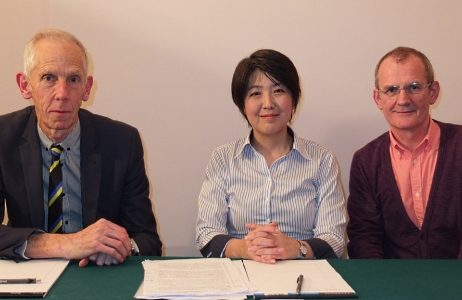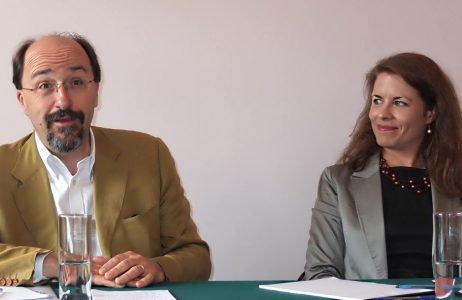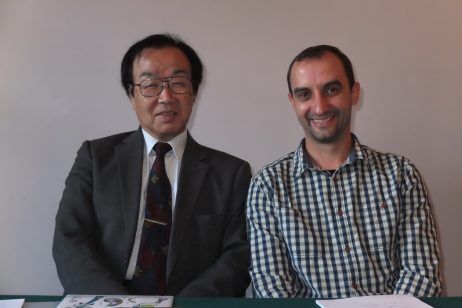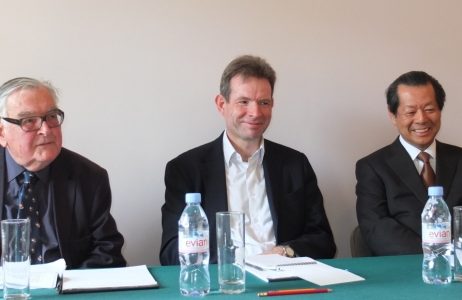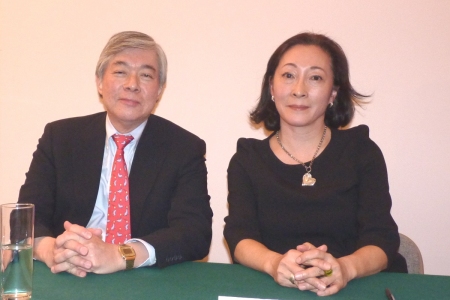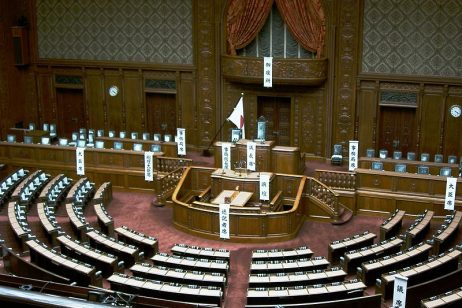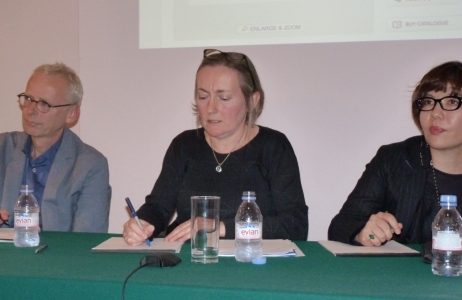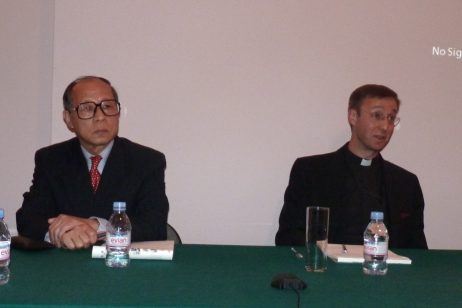22 April 2016
Economic Implications of Disaster Reconstruction: 5 years after the Great East Japan Earthquake
The next five-year disaster recovery plan commencing in April 2016 will focus on “Reconstruction and Revitalisation”, spearheaded by local governments in Tohoku and Fukushima. Attention will now be on recovering a radiation-free environment and redeveloping a sustainable local economy, revitalising the disaster area for its future residents. But should more money be spent on regenerating an area that was already in decline before the Great East Japan Earthquake in 2011? Or do former residents have the right to return to the place they once knew as home?
In this seminar, we will discuss the economic implications of disaster reconstruction, and how to find a balance between practicality and hope.
詳細

